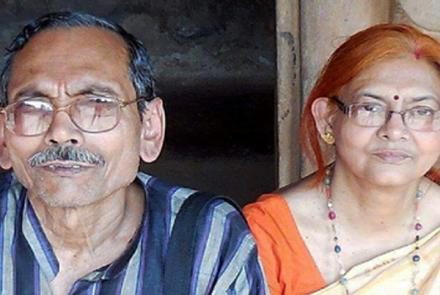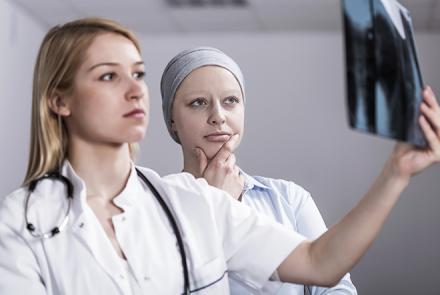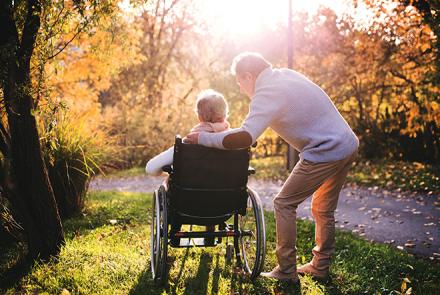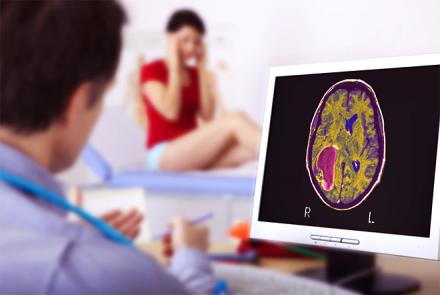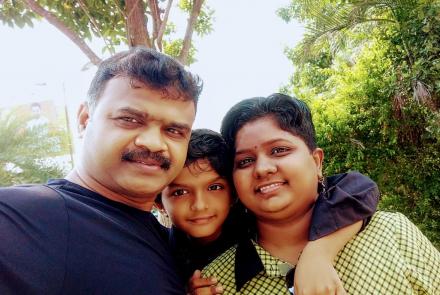Cancer stigmas are often barriers for seeking diagnosis, as well as treatment and rehabilitation. Shubha Maudgal and Susmitra Mitra of Cancer Patients Aid Association (CPAA), Mumbai give us an insight into the current taboos surrounding cancer and the challenges such stigmas pose for patients and society.
1. What does cancer stigma entail?
There are two kinds of stigma involved with cancer. One is Self which is in the mind of patients themselves, stemming from guilt or shame. The other is…
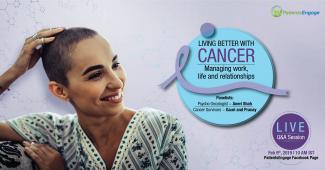
An insightful panel discussion with two cancer winners and a Psycho Oncologist who talk about the various aspects of cancer survivorship especially among young adults.
The latest in our ‘Living Better’ series of Live Q&A sessions looks at the psycho-social aspects of young adults who have to deal with cancer. This session covers how cancer re-defines identity, how it affects relationships and friendships, equations at work and perspectives in life.
Listen to an insightful and interesting session with Psycho Oncologist Aneri Shah and Cancer survivors Gauri and Pranay as they tackle a wide ranging set of topics:
- Handling the "Why Me" phase and their advice to others going through this
- Cancer patients struggle with letting friends and colleagues see them while they are going through treatment. How should they decide what is appropriate?
- Suggestions for friends and families of cancer patients. Should they talk about cancer? What could they say? What should they not say/do?
- Handling the challenges of returning to work during and after the treatment
- Impact of cancer journey on perspective on work and life
- Guidance for childhood cancer survivors - should they talk about it when making new friends
- Appropriate time to share/disclose the cancer experience during dating.
- Effect of cancer on existing marriages and marriage prospects. Advice to patients and families
- Cancer and stigma
- Most patients go through a lot of fear, insomnia, anxiety. Tips on handling this.
- Regaining energies after cancer and getting back to doing the things one loves.
Changed
03/May/2019
Community





